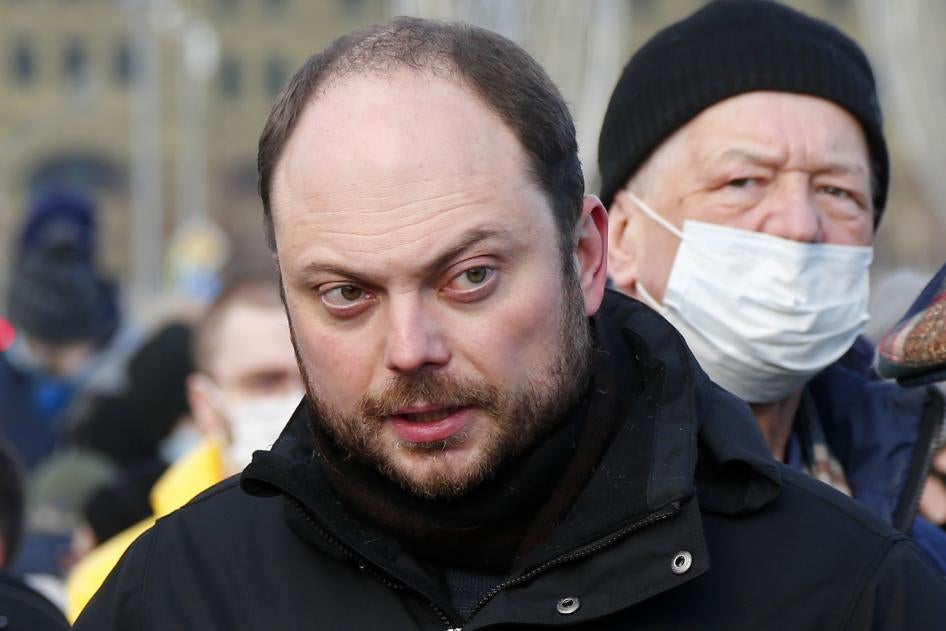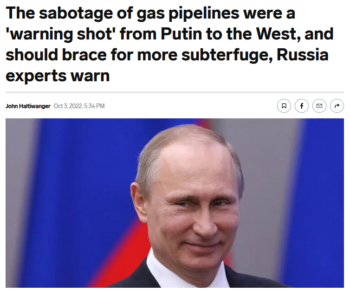Last week, Alex Nunns, author of The Candidate – Jeremy Corbyn’s Improbable Path To Power and former Corbyn speechwriter, described the current assault on democracy within the Labour Party:
‘What’s happening in the Labour Party is new. The Labour right, having had the shock of their lives in 2015, are now intent on eradicating the left entirely. This isn’t how their predecessors thought. It’s a new departure in Labour history that’ll have long term consequences.’
‘Previous generations of Labour right bureaucrats accommodated the left not because they were nicer than the current lot but because 1) the left was part of a power bloc which they needed to advance their own ends & 2) they were confident in containing the left within that bloc.
‘This generation of Labour right bureaucrats acts differently because 2) has changed, but 1) hasn’t. Their predecessors weren’t all stupid, so there will be a long-term cost.’
In other words, the Labour right is ‘eradicating the left entirely’ because, as the Corbyn near-miss in 2017 showed, the level of public support for left policies is now so high that it threatens to surge uncontrollably through any window of opportunity.
This rings true, and not just for the Labour Party. What we have often called the ‘corporate media’, but which in truth is a state-corporate media system, has followed essentially the same path for the same reasons.
Where once the likes of John Pilger, Robert Fisk and Peter Oborne were granted regular columns in national newspaper and magazines, and even space for prime-time documentaries, their brand of rational, compassionate dissent has been all but banished. Pilger commented recently:
‘In recent years, some of the best journalists have been eased out of the mainstream. “Defenestrated” is the word used. The spaces once open to mavericks, to journalists who went against the grain, truth-tellers, have closed.’
In October 2019, Peter Oborne published an article on ‘the way Boris Johnson was debauching Downing Street by using the power of his office to spread propaganda and fake news’.1. The media response:
‘This article marked the end of my thirty-year-long career as a writer and broadcaster in the mainstream British press and media. I had been a regular presenter on Radio 4’s The Week in Westminster for more than two decades. It ceased to use me, without explanation. I parted company on reasonably friendly terms with the Daily Mail after our disagreement…
‘The mainstream British press and media is to all intents and purposes barred to me.’ (p. 132 and p. 133)
As with the Labour Party, the reason is that the game – and it always was a game – has changed. In the age of internet-based citizen journalism – heavily filtered by algorithms and ‘shadow-banning’ though it is – elite interests can no longer be sure that the truth can be contained by the ‘free press’ and its obedient ranks of ‘client journalists’.
In our media alert of 26 July 2002, we wrote:
‘This does not mean that there is no dissent in the mainstream; on the contrary the system strongly requires the appearance of openness. In an ostensibly democratic society, a propaganda system must incorporate occasional instances of dissent. Like vaccines, these small doses of truth inoculate the public against awareness of the rigid limits of media freedom.’
That was true two decades ago when we started Media Lens. But, now, the state-corporate media system relies less on inoculation and more on quarantine: inconvenient facts, indeed whole issues, are simply kept from public awareness. We have moved far closer to a totalitarian system depending on outright censorship.
An example was provided by a remarkable leading article in the Observer, titled, ‘The Observer view on the global escalation of Russia’s war on Ukraine’. The title notwithstanding, this October 9 article made no mention at all of the terrorist attacks on the Nord Stream 1 and 2 pipelines just two weeks earlier, on September 26. But why?
The pipelines are multi-national projects operated by Swiss-based Nord Stream AG, with each intended to supply around 55 billion cubic meters of natural gas annually from Russia to Europe through pipelines laid beneath the Baltic Sea connecting to a German hub. Completed a decade ago, Russian gas giant, Gazprom, has a 51 percent stake in the project that cost around $15 billion to build. US media watch site, Fairness and Accuracy in Reporting (FAIR), made the key point:
‘Any serious coverage of the Nord Stream attack should acknowledge that opposition to the pipeline has been a centerpiece of the US grand strategy in Europe. The long-term goal has been to keep Russia isolated and disjointed from Europe, and to keep the countries of Europe tied to US markets. Ever since German and Russian energy companies signed a deal to begin development on Nord Stream 2, the entire machinery of Washington has been working overtime to scuttle it.’
The evidence for this is simply overwhelming. For example, FAIR noted that during his confirmation hearings in 2021, Secretary of State Anthony Blinken told Congress he was ‘determined to do whatever I can to prevent’ Nord Stream 2 from being completed. Months later, the US State Department reiterated that ‘any entity involved in the Nord Stream 2 pipeline risks US sanctions and should immediately abandon work on the pipeline’.
If that doesn’t make US hostility to the pipelines clear enough, President Joe Biden told reporters in February:
‘If Russia invades…then there will be no longer a Nord Stream 2. We will bring an end to it.’
Asked by a reporter how the US intended to end a project that was, after all, under German control, Biden responded:
‘I promise you, we will be able to do that.’
No surprise, then, that, following the attack, Blinken described the destruction of the pipelines as a ‘tremendous opportunity to once and for all remove the dependence on Russian energy,’ adding that this ‘offers tremendous strategic opportunity for years to come’.
Former UN weapons inspector and political analyst Scott Ritter commented:
‘Intent, motive and means: People serving life sentences in U.S. prisons have been convicted on weaker grounds than the circumstantial evidence against Washington for the attack on the Nord Stream pipelines.’
In a rare moment of ‘mainstream’ dissent echoing Ritter’s conclusion, Columbia University economist, Jeffrey Sachs, surprised his interviewer by saying:
‘I know it runs counter to our narrative, you’re not allowed to say these things in the West, but the fact of the matter is, all over the world when I talk to people, they think the US did it. Even reporters on our papers that are involved tell me, “Of course [the US is responsible],” but it doesn’t show up in our media.’
Sachs added: ‘there’s direct radar evidence that US helicopters, military helicopters that are normally based in Gdansk were circling over this area’.
Despite all of this, FAIR reported of US corporate media coverage:
‘Much of the media cast their suspicions towards Russia, including Bloomberg (9/27/22), Vox (9/29/22), Associated Press (9/30/22) and much of cable news. With few exceptions, speculation on US involvement has seemingly been deemed an intellectual no-fly-zone.’
Thus, the possibility of US involvement has been intellectually quarantined. Instead, US media have been tying themselves in knots trying to find alternative explanations. The New York Times wrote:
‘It is unclear why Moscow would seek to damage installations that cost Gazprom billions of dollars to build and maintain. The leaks are expected to delay any possibility of receiving revenue from fuel going through the pipes.’
In Britain, the Guardian affected similar confusion:
‘Nord Stream has been at the heart of a standoff between Russia and Europe over energy supplies since the start of the Kremlin’s war in Ukraine, but it is not immediately clear who stands to benefit from the destruction of the gas infrastructure.’
If not ‘immediately clear’, it surely becomes clear after a moment’s honest reflection. Another Guardian report commented:
‘Ukraine, Poland, the Baltic states and the US – including its former president Donald Trump – have been fierce critics of the Nord Stream pipeline, and Germany has announced its intention to wean itself off Russian gas completely and Gazprom has wound down deliveries to almost zero.
‘For a Nato ally to have carried out an act of sabotage on a piece of infrastructure part-owned by European companies would have meant much political risk for little gain, but for Russia to destroy its own material and political asset would also seem to defy logic.’
The risk is not, in fact, that great in a world where politicians and media like the Guardian refuse to point the finger of blame at the world’s sole superpower. As we have seen, the assertion that an attack by a Nato ally would be ‘for little gain’ was publicly contradicted by Blinken’s own comment that the destruction of the pipelines ‘offers tremendous strategic opportunity for years to come.’
The Guardian added:
‘Some European politicians suggested Russia could have carried out the blasts with the aim of causing further havoc with gas prices or demonstrating its ability to damage Europe’s energy infrastructure.’
But as the Guardian acknowledged, this ‘logic’ seemed ‘to defy logic’ and suggested journalists were burying their heads in the sand at the bottom of the Baltic Sea. A further Guardian report noted:
‘A senior Ukrainian official also called it a Russian attack to destabilise Europe, without giving proof.’
Or any reasoning. The report continued:
‘British sources said they believed it may not be possible to determine what occurred with certainty.’
How convenient. The Telegraph reported:
‘Antony Blinken, the US secretary of state, said that if it was confirmed it was an act of sabotage by Russia it would be “in nobody’s interest”.’
Again, a statement directly contradicted by Blinken himself. His ‘in nobody’s interest’ comment was the main focus of most media coverage.
FAIR discussed a tweet from a Polish member of the European Parliament, Radek Sikorski – a one-time Polish defence minister as well as a former American Enterprise Institute fellow, who was named one of the ‘Top 100 Global Thinkers’ in 2012 by Foreign Policy. FAIR reported:
‘Sikorski tweeted a picture of the methane leak in the ocean, along with the caption, “As we say in Polish, a small thing, but so much joy.” He later tweeted, “Thank you, USA,” with the same picture.’
These comments were occasionally reported in the UK press, but Sikorski later tweeted against the pipeline, noting:
‘Nord Stream’s only logic was for Putin to be able to blackmail or wage war on Eastern Europe with impunity.’
He added:
‘Now $20 billion of scrap metal lies at the bottom of the sea, another cost to Russia of its criminal decision to invade Ukraine. Someone…did a special maintenance operation.’
This was clearly an ironic reference to the term ‘special military operation’ used by Russia to describe its illegal invasion of Ukraine.
Significantly, the Telegraph reported some but not all of this:
‘Sikorski posted a photo of the Nord Stream methane bubbling to the Baltic’s surface, with the brief message: “Thank you, USA.”
‘Sikorski has since deleted his tweet, and has not since elaborated on it… [but] it was widely seized upon by pro-Russian media seeking to make the case for American sabotage.’
But as we have seen, Sikorski certainly had elaborated on it; and media didn’t need to be ‘pro-Russian’ to believe the comments pointed towards Western sabotage.
The Daily Mail also struggled to understand:
‘On Twitter Radoslaw Sikorski posted a picture of a massive methane gas spill on the surface of the Baltic Sea with the comment: “Thank You USA”. The hawkish MEP later tweeted that if Russia wants to continue supplying gas to Europe it must “talk to the countries controlling the gas pipelines”.
‘Whatever did he mean?’
In fact, Sikorski had been very clear about what he meant.
In a single, casual comment in the Mail on Sunday, Peter Hitchens may be the only ‘mainstream’ journalist to actually affirm the likely significance of Sikorski’s comments:
‘Radek Sikorski may have given the game away. First, he tweeted “Thank you, USA” with a picture of the gas bubbling up into the Baltic. Then, when lots of people noticed, he deleted it. That made me think he was on to something.’ 2
Curiously, non-corporate journalists like Jonathan Cook, Caitlin Johnstone, Glenn Greenwald, Aaron Maté, Bryce Green, even hippy Russell Brand, were able to find all the evidence and arguments omitted by ‘mainstream’ journalists supported by far greater resources.
And this makes the point with which we began this alert: there is now so much high-quality journalism exposing the establishment outside the state-corporate ‘mainstream’, that the task of the ‘mainstream’ now is to protect the establishment by acting as a buffer blocking citizen journalism from public awareness.
The Observer editorial which failed to even mention this major terror attack on civilian infrastructure talked of a ‘Putin plague’, describing the Russian leader as ‘a pestilence whose spread threatens the entire world. Ukraine is not its only victim’. That’s the Bad Guy. So who are the Good Guys in this fairy-tale? The editors added:
‘In this developing confrontation, much more is at stake than Ukraine’s sovereignty. On life support, it seems, is the entire postwar consensus underpinning global security, nuclear non-proliferation, free trade and international law.’
It is easy to understand why the Observer would prefer to quarantine the possibility of US involvement in a terror attack that would make a nonsense of the editors’ lofty rhetoric about a ‘postwar consensus’ based on ‘international law’.
Also no surprise, the Observer once again found answers in the favoured, fix-all solution beloved of the Western press – regime change:
‘If the Putin plague is ever to be eradicated, if the war is ever to end, such developments inside Russia, presaging a change of leadership, full military withdrawal from Ukraine and a fresh start, represent the best hope of a cure.’
- Peter Oborne, The Assault on Truth, Simon & Schuster, 2021, p. 130
- Hitchens, ‘How could I know…’ Mail on Sunday, 2 October 2022.
This post was originally published on Dissident Voice.








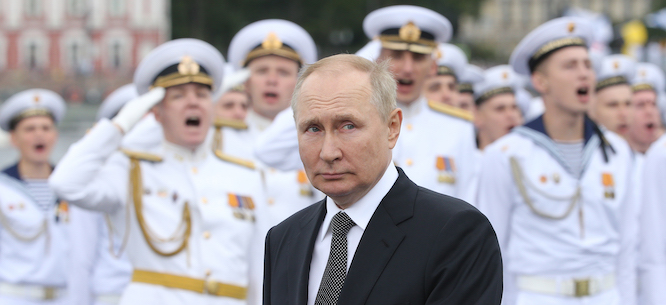




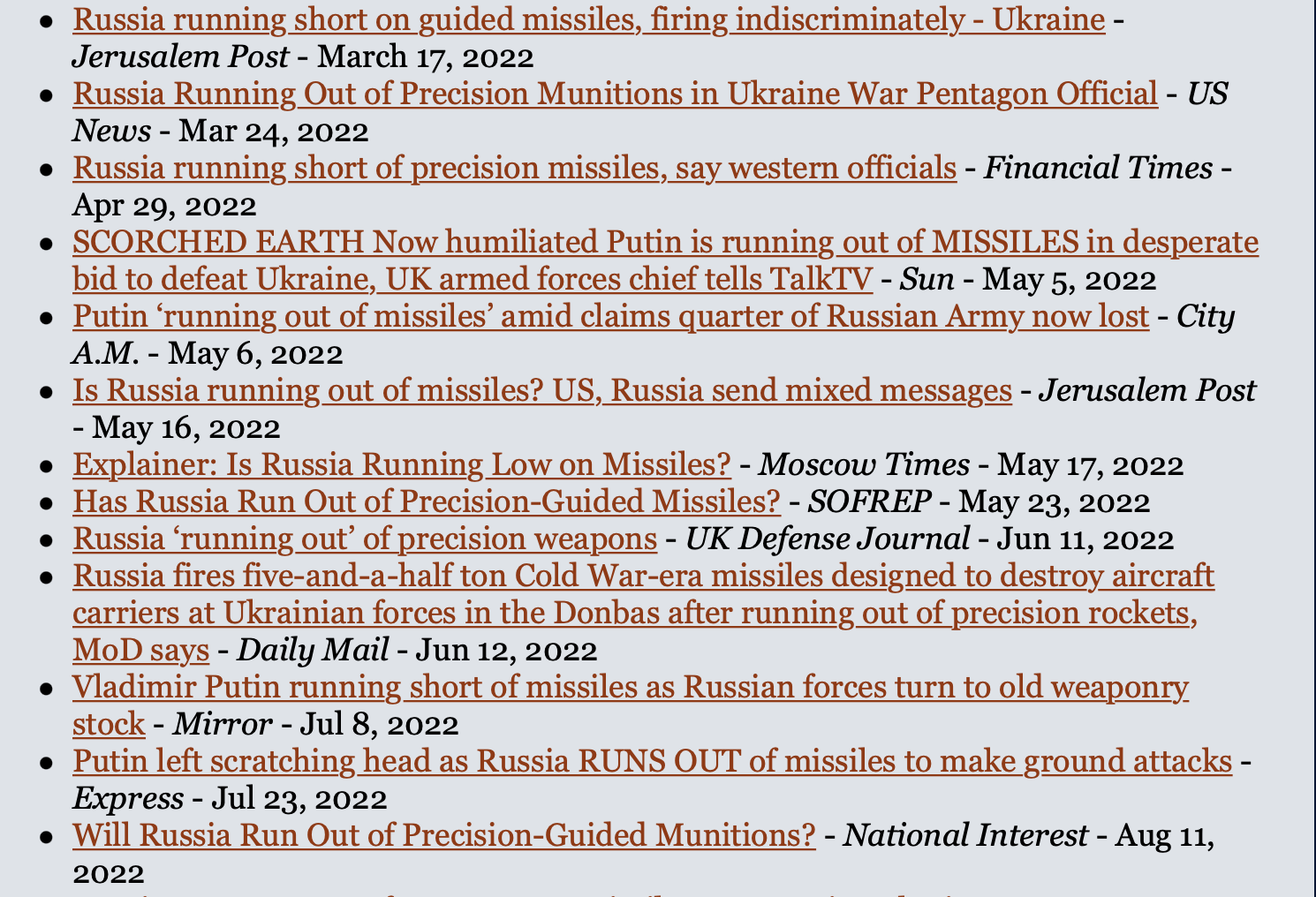
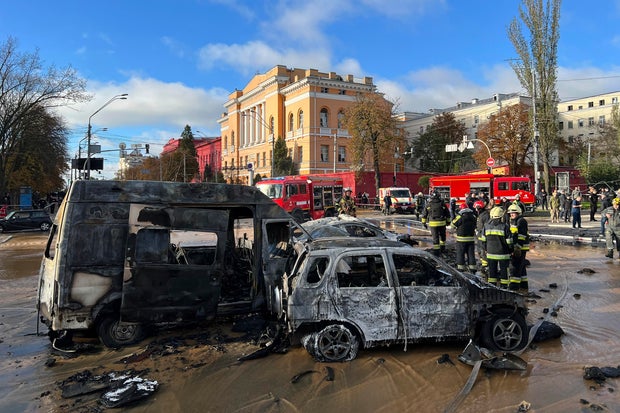



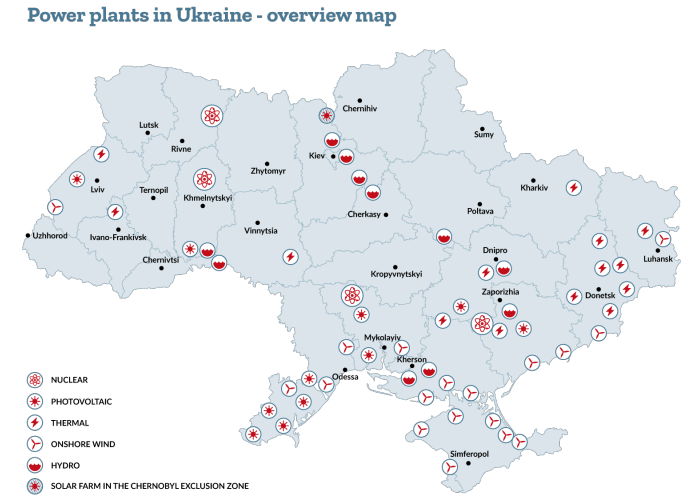



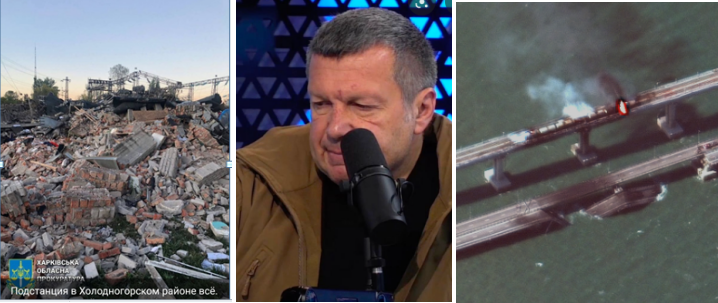

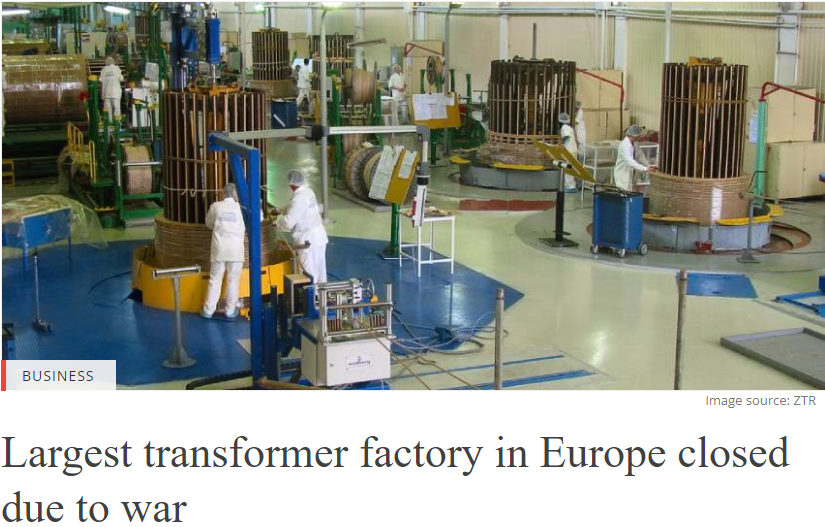




 (@Partisangirl)
(@Partisangirl) 

